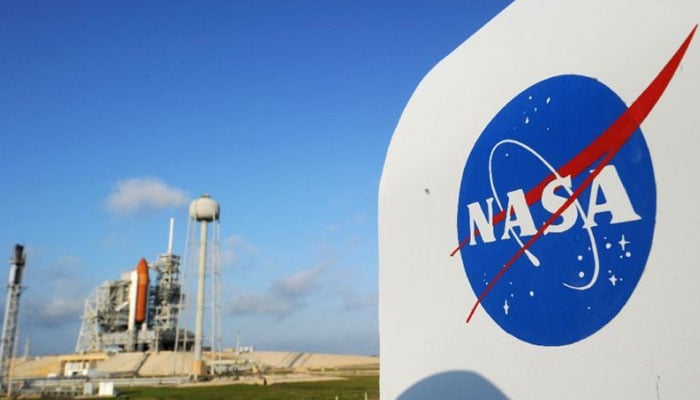Nasa to the rescue after potential 'internet apocalypse'
Scientists have sent out an alert for a potential solar storm which may occur in next 10 years and take down world's communication system
Nasa has come to the world's rescue to avoid a potential threat to internet access, better known as the internet apocalypse, a situation that might end people's access to the internet for months or years, making satellites and power cables unusable.
The space agency recently launched a spacecraft as part of a project that is aimed at preventing a potential "internet apocalypse" that may prevent people from accessing the internet for months.
According to the Mirror, the Parker Solar Probe (PSP) of the US space agency has successfully navigated through the solar wind and reached a critical milestone.
Scientists have issued an alert regarding the potential effects of an impending solar storm, sometimes known as the "internet apocalypse," which may occur within the next ten years.
The spacecraft, launched in 2018, undertook an extraordinary voyage that brought it very near the sun's surface, where the solar wind is produced.
The report says that solar wind is a steady stream of charged particles coming from the sun's corona, its outermost atmosphere.
The PSP persisted in collecting essential data about the sun's operations despite the challenging conditions of extreme heat and radiation, as Business Standard reported.
The study's lead author, Professor Stuart Bale of California University, discussed the importance of comprehending solar wind.
"Winds carry lots of information from the sun to Earth. So understanding the mechanism behind the sun's wind is important for practical reasons on Earth," Bale said.
"That's going to affect our ability to understand how the sun releases energy and drives geomagnetic storms, which are a threat to our communication networks," he added.
Satellites and electrical lines could become worthless as a result of such a situation, preventing people from using the internet for months or even years.
In the meantime, NASA has started a brand new campaign that gives the public the chance to have their name stencilled onto a microchip that will fly aboard Nasa's Europa Clipper spacecraft in 2019.
In October 2024, the Europa Clipper spacecraft is slated to go to Jupiter and its moon Europa.
-
Dutch seismologist hints at 'surprise’ quake in coming days
-
SpaceX cleared for NASA Crew-12 launch after Falcon 9 review
-
Is dark matter real? New theory proposes it could be gravity behaving strangely
-
Shanghai Fusion ‘Artificial Sun’ achieves groundbreaking results with plasma control record
-
Polar vortex ‘exceptional’ disruption: Rare shift signals extreme February winter
-
Netherlands repatriates 3500-year-old Egyptian sculpture looted during Arab Spring
-
Archaeologists recreate 3,500-year-old Egyptian perfumes for modern museums
-
Smartphones in orbit? NASA’s Crew-12 and Artemis II missions to use latest mobile tech












